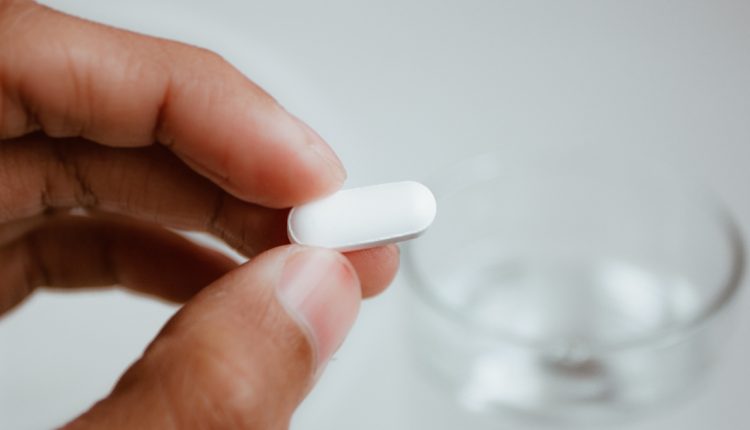
Erectile Dysfunction (ED) and Its Causes
Erectile dysfunction (ED) is the inability to get or keep an erection firm enough to have sexual intercourse. It’s also sometimes referred to as impotence. There can be several contributing factors for impotence. These include both emotional and physical disorders.
Risk Factors of Erection Dysfunction may Include:
• Tobacco use, which restricts blood flow to veins and arteries, can — over time — cause chronic health conditions that lead to erectile dysfunction.
• Being overweight, especially if you’re obese.
• Certain medical treatments, such as prostate surgery or radiation treatment for cancer.
• Injuries, particularly if they damage the nerves or arteries that control erections.
• Medications, including antidepressants, antihistamines and medications to treat high blood pressure, pain or prostate conditions.
• Psychological conditions, such as stress, anxiety or depression.
• Drug and alcohol use, especially if you’re a long-term drug user or heavy drinker.
How is Erectile dysfunction (ED) Diagnosed?
Your doctor can find out if you have an erection problem by asking you questions about your health and doing a physical exam. Your doctor will want to know how often the problem happens. The exam, lab tests, and sometimes mental health tests can help find out the cause of the problem.
Causes of Erectile Dysfunction
- Depression
Sexual excitement starts in your head and works its way down. Depression can dampen your desire and can lead to erectile dysfunction.
- Medications
A long list of common drugs can cause ED, including certain blood pressure drugs, pain medications, and antidepressants. But do not stop taking any medicines without talking to your doctor first.
- Stress
Stress can take its toll on many different parts of your body, including your penis. Deal with stress by making lifestyle changes that promote well-being and relaxation, such as exercising regularly, getting enough sleep, and seeking professional help when appropriate.
- Anxiety
Anxiety from other parts of your life can make you fear and avoid intimacy, and puts a big strain on your sex life and relationship.
- Over-Weight
Carrying extra pounds can impact your sexual performance. Obese men have lower levels of the male hormone testosterone- important for sexual desire and producing an erection. Being overweight is also linked to high blood pressure and hardening of the arteries, which can reduce blood flow to the penis.
- Your Health
Many different health conditions can affect the nerves, muscles, or blood flow that is needed to have an erection. Diabetes, high blood pressure, hardening of the arteries, spinal cord injuries, and multiple sclerosis can contribute to ED.
How is Erectile dysfunction (ED) Treated?
Doctors usually start with lifestyle changes and medicines. They usually don’t advice surgery unless those first steps don’t help.
Many of the physical causes of erection problems are related to lifestyle choices. You may want to consider the following changes:
• Stopping tobacco use
• Getting plenty of rest
• Eating a healthy diet
• Exercising regularly
• Talking with your partner about sexual issues
If changes in your lifestyle don’t reduce your symptoms, contact your doctor to find the root cause of the ED. Your doctor will examine your penis, rectum, and prostate as well as your nervous system function. The doctor will also ask you about current health problems and when your symptoms began.
Source:
https://www.healthline.com/health/erectile-dysfunction/common-causes-impotence#cardiacrelated-conditions5
https://www.webmd.com/men/ss/slideshow-causes-of-ed

